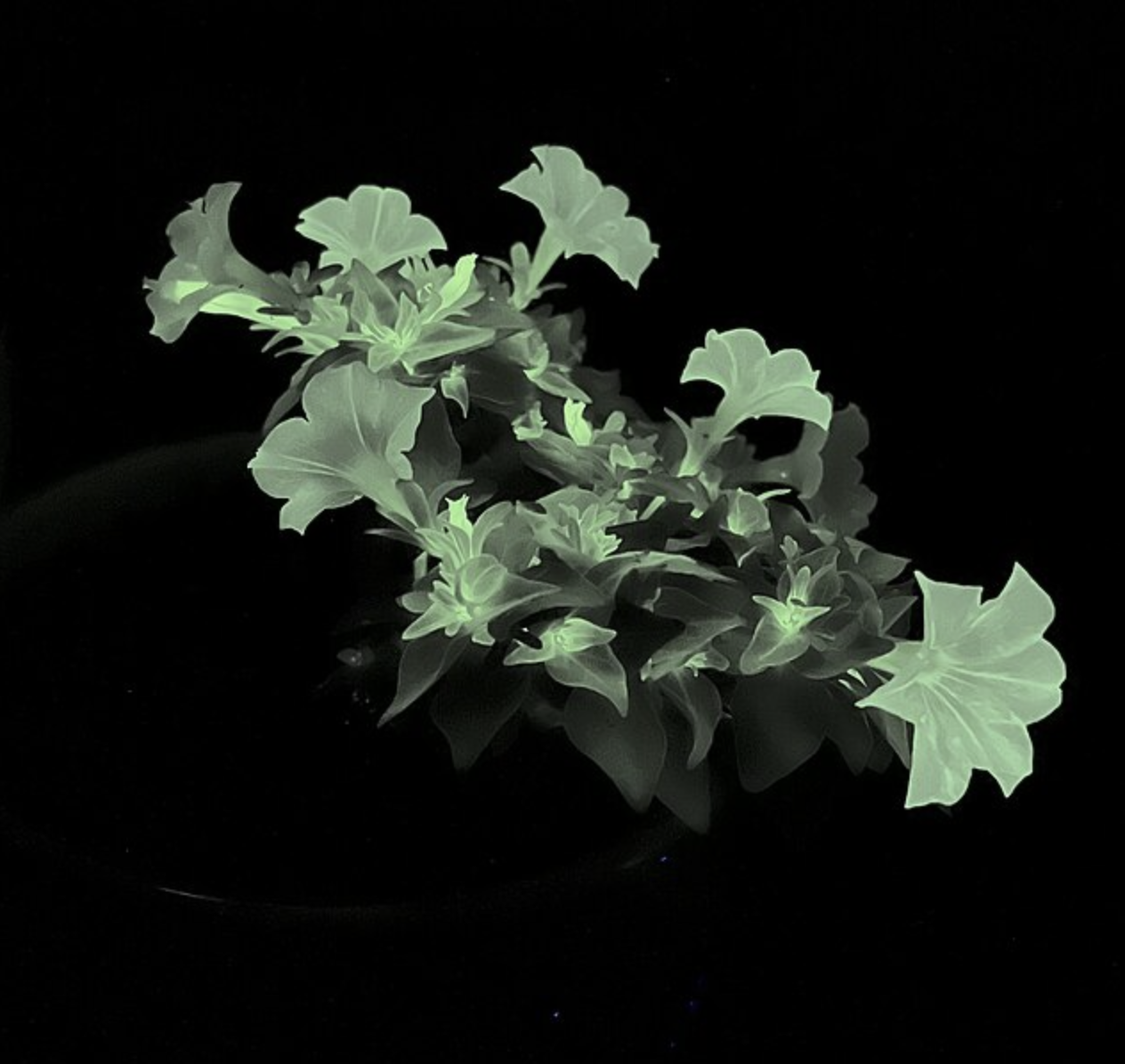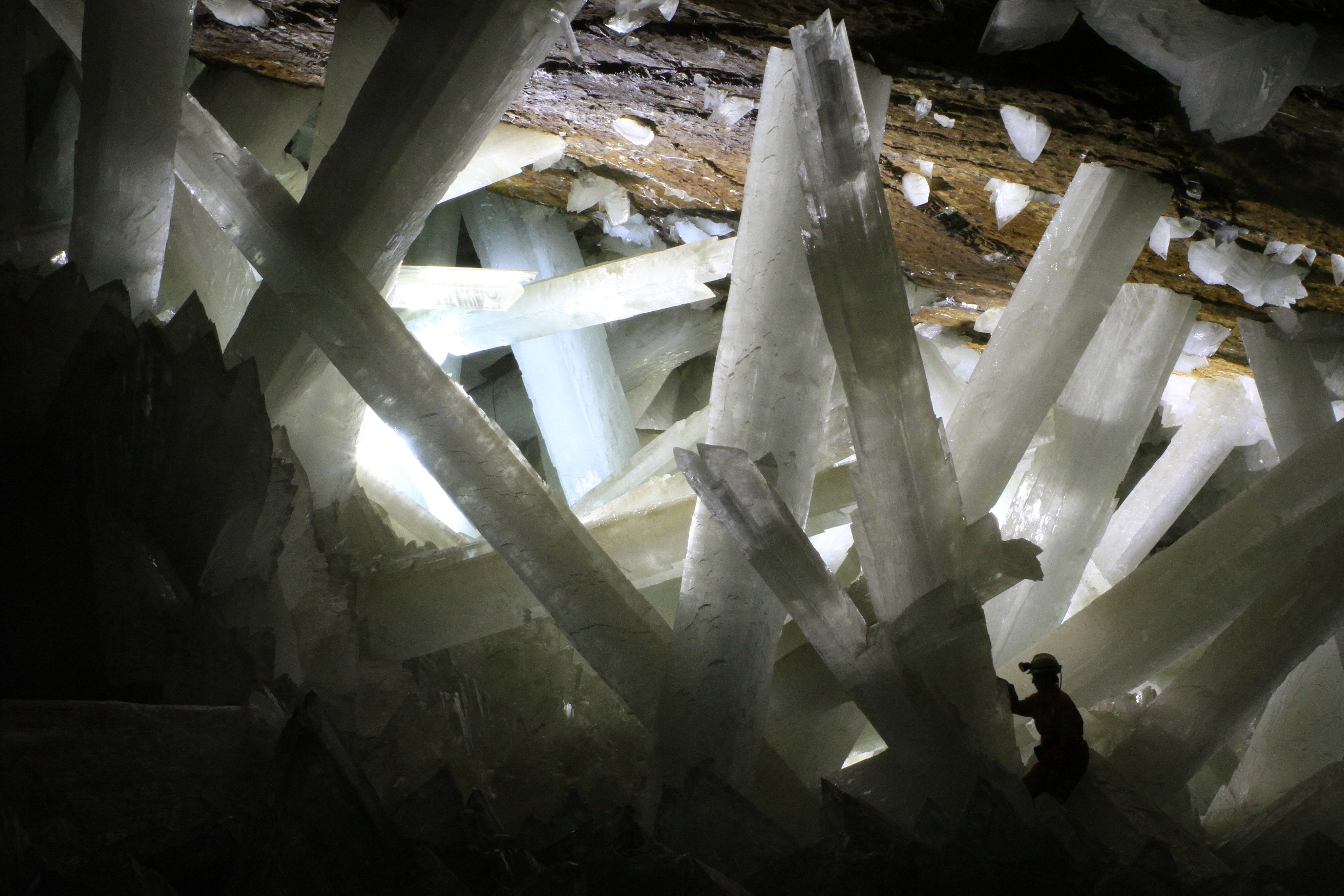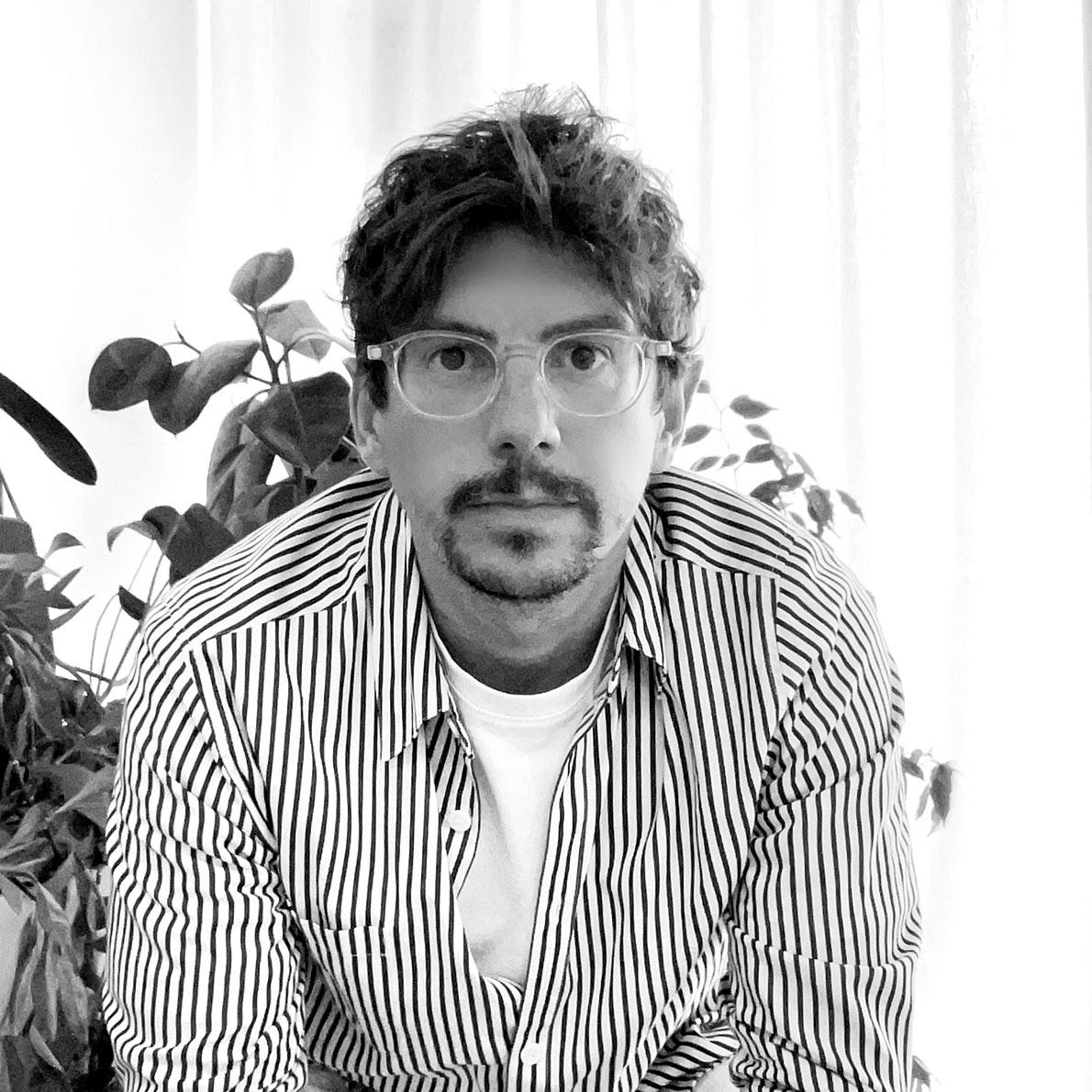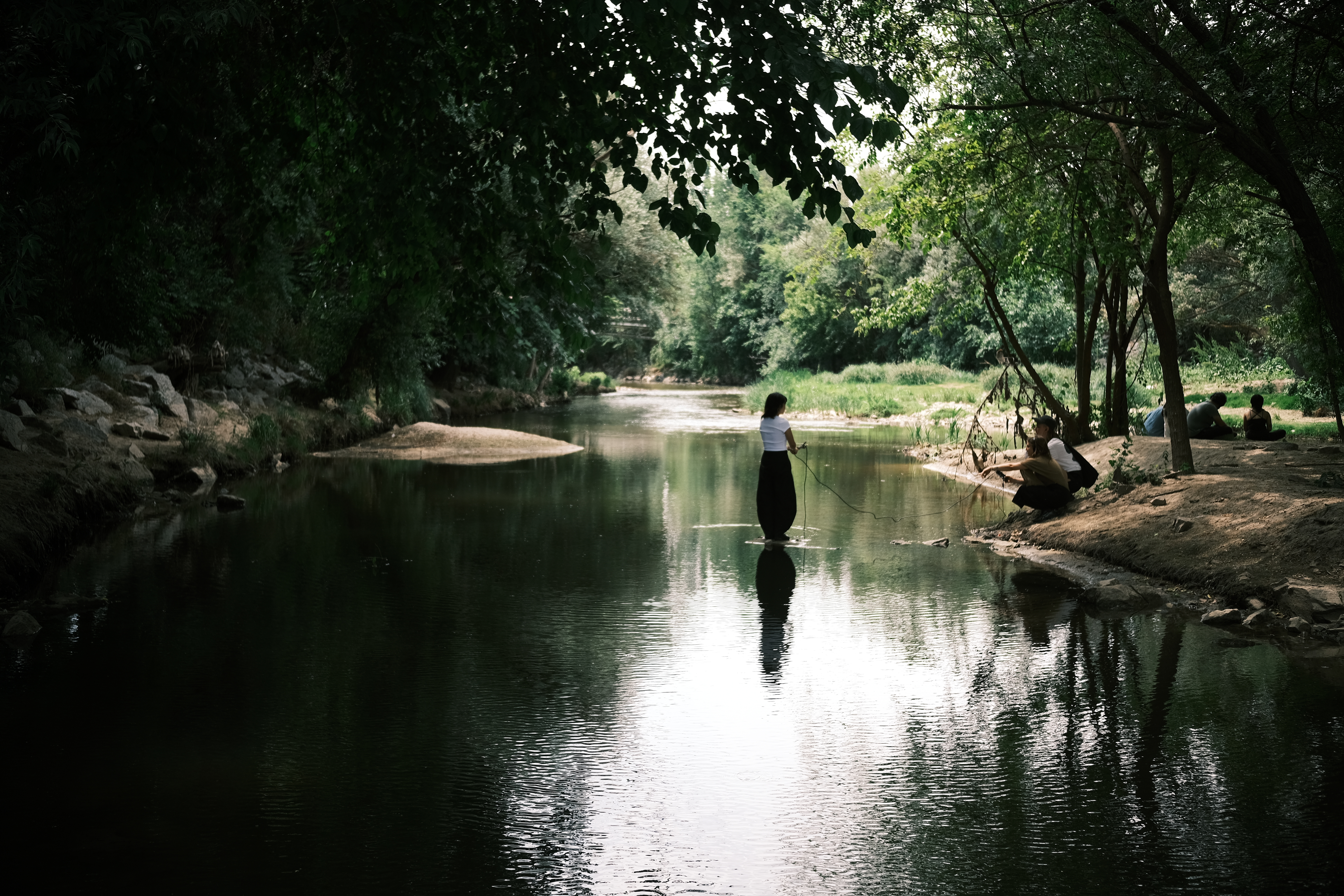POSTNATURAL MATTER
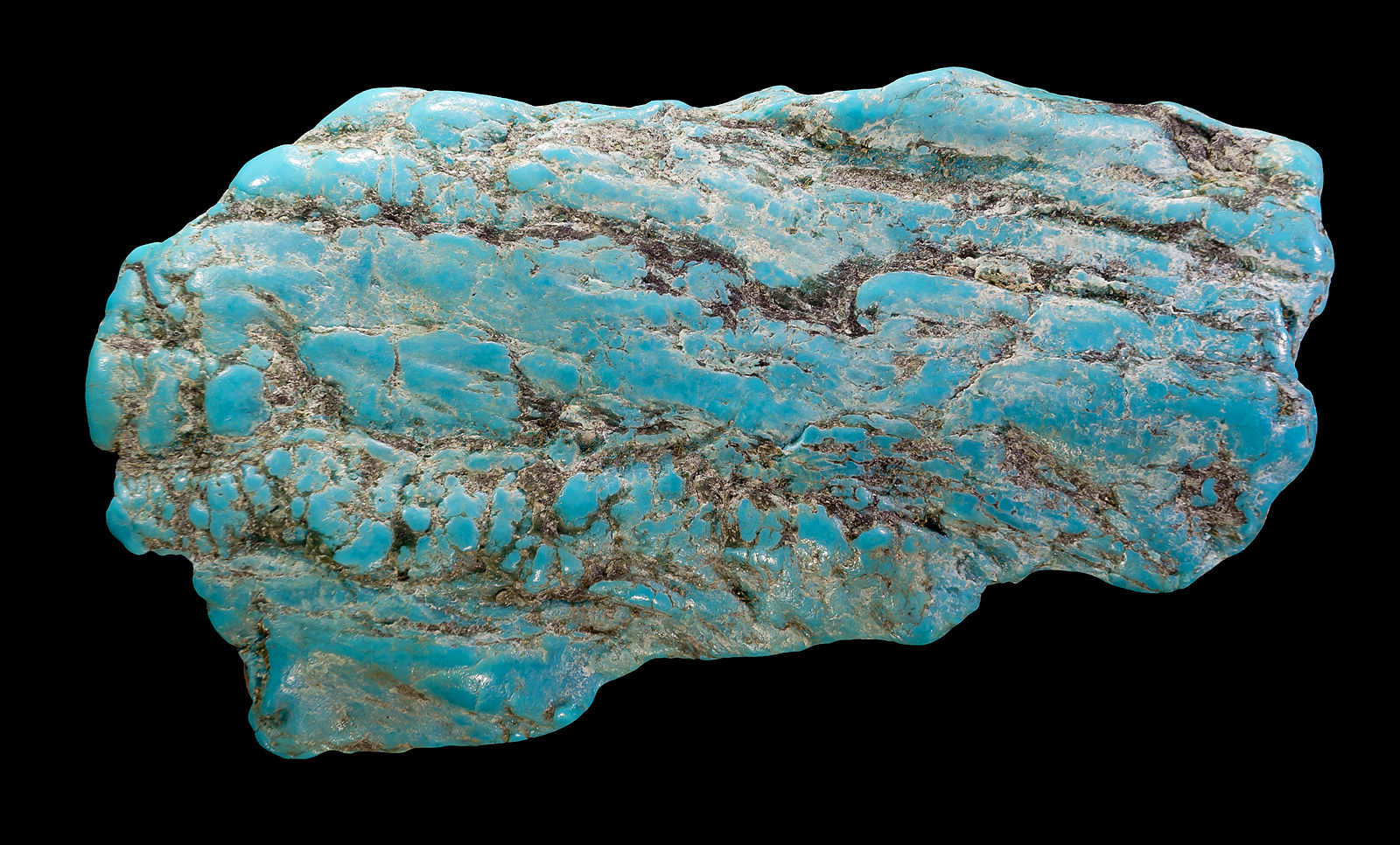
GENERAL INFO
- LED BY
-
Gabriel Alonso
- DATES
-
Wednesdays, from September 24th to October 15th, 2025
- TIME
-
6:00 – 8:00 PM (CEST)
- FORMAT
-
4 online sessions via Zoom
- LANGUAGE
-
English
- FULL TUITION
-
€ 250
- DISCOUNT
-
20% for students & IPS alumni
ABOUT
Challenging the dichotomy between nature and culture, the notion of postnatural matter invites us to reconsider the human role in shaping the material world ethically, ecologically, and philosophically. It questions long-standing boundaries between what is considered natural and what is human-made, urging a shift from the traditional view of natural materials as untouched or separate from human intervention, science, and culture. Instead, it acknowledges that our actions now generate entirely new forms of life and matter.
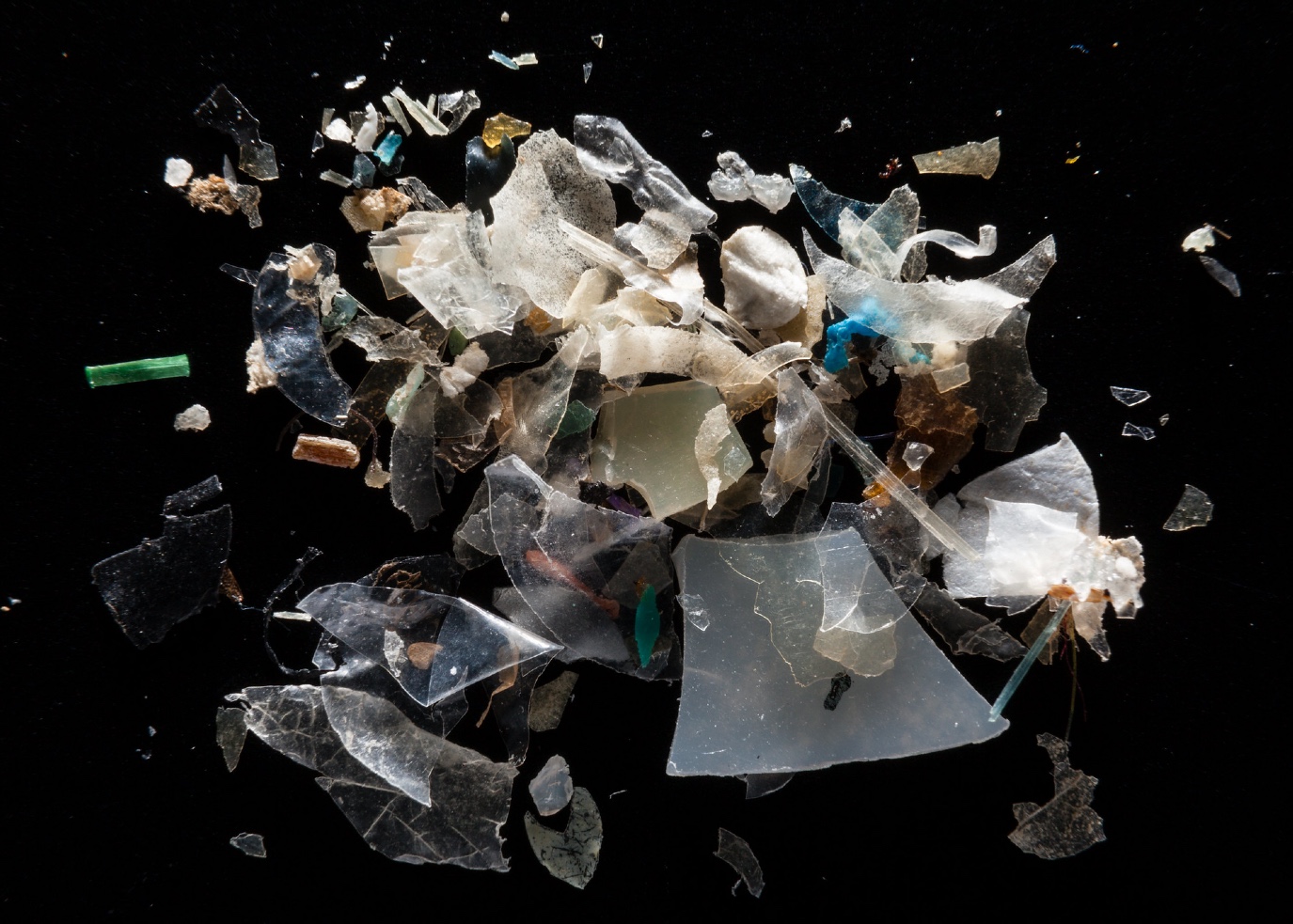
Microplastic pollution, Plastic particles are increasingly recognised as global contaminants as they have reached even the most remote areas of the planet.
POSTNATURAL MATTER
From genetically modified organisms and synthetic biology to man-made minerals, urban wildlife adapted to human environments, and microplastics circulating in oceans, we are witnessing the emergence of a new material reality. Postnatural matter is not merely a subject of study—it is a lens through which to reimagine our relationship with the world. It encompasses any material entity or substance that has been intentionally altered through scientific, technological, or cultural processes. This includes chemically transformed geologies, cloned animals, lab-grown tissues, and synthetic lifeforms. Such entities represent a fusion of the natural and the artificial, where the original state of life or matter is irrevocably transformed. This transformation opens a vital space for research and debate, urging contemporary thought and practice to grapple with its profound implications.
This seminar proposes a critical inquiry into the entrenched divide between nature and culture—a division rooted in Western philosophical traditions that have long viewed nature as a passive backdrop, a resource to be classified and exploited. This anthropocentric perspective has reinforced hierarchical frameworks that condition how we understand and engage with matter. Within these frameworks, matter—whether living or inert, sentient or non-sentient, useful, beautiful, or otherwise—has been embedded in moral, aesthetic, and political systems that limit its perceived agency.
Yet this perspective neglects the intricate interdependencies that connect all forms of life and material existence. That matter matters is not just a rhetorical flourish; it lies at the heart of contemporary ecological discourse. To move beyond extractive, objectifying logics, we must recognize matter not as inert or passive, but as an active participant in the web of life. This course will trace an alternative genealogy—one in which matter is relational and dynamic, shaping our present physically and culturally. Matter holds our past and our possibilities; it is the world’s relational agency, and thus its ultimate horizon. Matter “matters” to forms and beings. Matter matters the world around us, within us, and yet to come.
SESSIONS
Session I – Postnatural Matters: A Genealogy of Contemporary Materialities
24 / 09 / 2025
This introductory session offers a conceptual framework for understanding contemporary materialities that elude rigid classifications. It explores how emerging forms of matter—shaped by human intervention, technological processes, and hybridization—are fundamentally redefining the world we inhabit. Tracing a genealogy of postnatural materialities, the session critically examines how entities that no longer conform to traditional notions of “nature” are transforming ecosystems, bodies, and cultures, and opening up new ontologies of the material.
Session II – Melting Ecologies: Viscous Matter in the Contemporary Debate, from the Anthropocene to the Antrobscene
01 / 10 / 2025
The world is melting—not only in a literal, material sense due to rising global temperatures and intensifying human impact, but also metaphorically and ontologically. This session explores the collapse of stable categories such as nature and culture, highlighting the disintegration of modernity’s containers and certainties. Through an anarchaeology of the viscous, we will engage with images, substances, and events that expose a new material condition defined by instability, excess, and toxicity. Drawing on ecological philosophy, material culture studies, and environmental justice, the session interrogates the ethical and political implications of living in an era where waste, pollution, and residue have become ecological agents in their own right.
Session III – Matter as Kin: Non-Binary and More-than-Human Material Perspectives
08 / 10 / 2025
What might a non-hierarchical and non-binary material future look like? This session explores a vision of kinship that extends beyond the human, reimagining relationships between living and non-living entities as interdependent and fluid. From a postnatural ecological perspective, matter is not a passive resource but an active participant in a vast, entangled web of relations. Engaging with quantum theory, speculative realism, new materialism, and posthumanist thought, we will examine the limits of human perception and consider the invisible forces, substances, and processes that shape the world. The session challenges anthropocentric models of knowledge, proposing new material imaginaries that recognize the agency of matter and the multiplicity of beings with whom we share existence.
Session IV – Matter Futures: Worlding Through Contemporary Practices
15 / 10 / 2025
This final session focuses on how contemporary artistic, scientific, and philosophical practices engage with the future of matter—how they world, that is, actively bring new material realities into being. Drawing from speculative design, ecological thinking, posthumanism, and new materialist approaches, we will explore how these practices contribute to reimagining the planet’s material conditions, future life forms, and modes of existence. Rather than seeing the future as something abstract or distant, this session examines how present actions, perceptions, and imaginaries shape ethical, ecological, and ontological commitments. How do we co-create futures with matter—and what responsibilities arise in doing so?
BIBLIOGRAPHY
-
01.
Alaimo, Stacy. Bodily Natures: Science, Environment, and the Material Self. Bloomington: Indiana University Press, 2010.
-
02.
Barad, Karen. Meeting the Universe Halfway: Quantum Physics and the Entanglement of Matter and Meaning. Durham: Duke University Press, 2007.
-
03.
Barad, Karen. “Material Entanglements, or, Rather: Material Intra-actions.” New Literary History 45, no. 2 (2014): 345–365.
-
04.
Barthes, Roland. Mythologies. Paris: Les Lettres nouvelles, 1957.
-
05.
Bennett, Jane. Vibrant Matter: A Political Ecology of Things. Durham: Duke University Press, 2010.
Clark, Nigel, and Kathryn Yusoff. “Geosocial Formations and the Anthropocene.” Theory, Culture & Society 34, no. 2–3 (2017): 3–23. -
06.
Davis, Heather. “Toxic Progeny: The Plastisphere and Other Queer Futures.” A Journal of Continental Feminism 5, no. 2 (2015).
-
07.
de la Cadena, Marisol. Earth Beings: Ecologies of Practice across Andean Worlds. Durham: Duke University Press, 2015.
-
08.
Helmreich, Stefan. Alien Ocean: Anthropological Voyages in Microbial Seas. Berkeley: University of California Press, 2009.
-
09.
Mbembe, Achille. Necropolitics. Durham: Duke University Press, 2019.
-
10.
Nixon, Rob. Slow Violence and the Environmentalism of the Poor. Cambridge, MA: Harvard University Press, 2011.
-
11.
Parikka, Jussi. A Geology of Media. Minneapolis: University of Minnesota Press, 2015.
-
12.
Tripaldi, Laura. Parallel Minds: Discovering the Intelligence of Materials. Falmouth: Urbanomic, 2022.
-
13.
Tsing, Anna Lowenhaupt. The Mushroom at the End of the World: On the Possibility of Life in Capitalist Ruins. Princeton: Princeton University Press, 2015.
-
14.
Tsing, Anna Lowenhaupt, Heather Swanson, Elaine Gan, and Nils Bubandt, eds. Arts of Living on a Damaged Planet: Ghosts and Monsters of the Anthropocene. Minneapolis: University of Minnesota Press, 2017.
-
15.
Yusoff, Kathryn. Billion Black Anthropocenes or None. Durham: Duke University Press, 2024.
FACULTY
-
GABRIEL ALONSO

Gabriel Alonso. Born in Madrid, he is an artist and researcher, trained between the ETSAM (Madrid), the Technische Universität (Berlin), and Columbia University in New York at the MS-CCCP, where he graduated with honors in 2018. In his works, through various formats such as installation, sculpture, photography, or video, he investigates the contemporary relationships between fiction and materiality, to blur the binomials between the real and the imagined, between the natural and the cultural. In 2020 he founded the Institute of Postnatural Studies. Recently, he has published his latest book, The Postnatural Condition: Glossary of Ecologies for Other Possible Worlds (2024). He has been an assistant professor at Barnard College, Columbia University (NYC) and at the Master of Advanced Architecture at ETSAM, at the Geneva University of Art and Design head, as well as at TAI University, and has given several lectures at different international institutions, museums, and universities. In 2022, he received a FAD-Cultura award for the IPS platform. In 2015, he received the FAD award for his publication Desierto, and in 2016, he was awarded one of the prestigious Graham Foundation for the Fine Arts fellowships.


